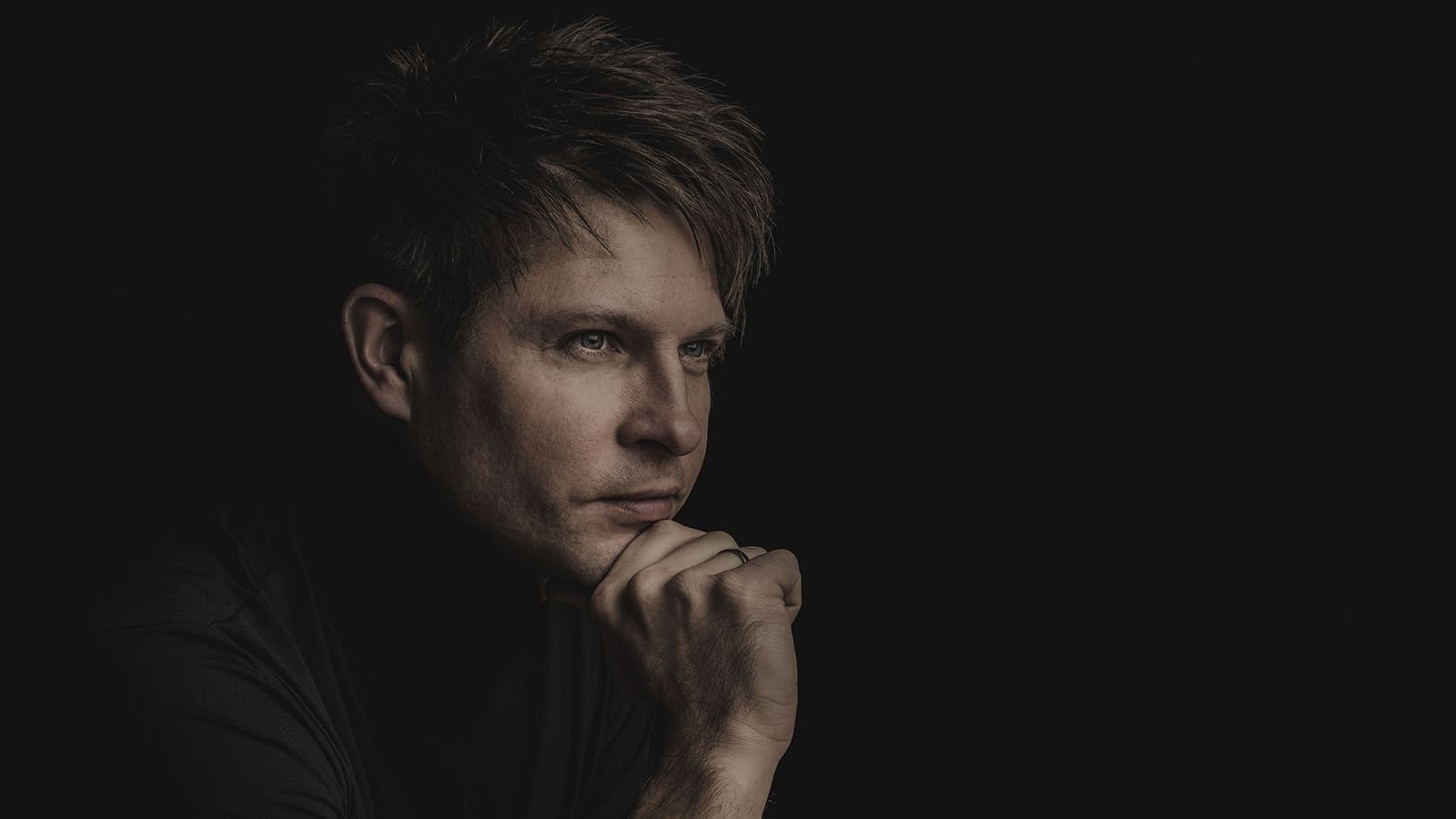A Far Cry, and a tour de force debut

A Far Cry should view this debut as a real trophy; one of the best concerts I’ve heard this season.
A Far Cry, a Boston-based, conductor-less string ensemble, gave a splendid debut performance on the Kennedy Center’s Fortas Chamber Music Series yesterday, including a tour de force rendition of the Tchaikovsky Serenade for Strings entirely by memory. The group was founded in 2007, and has made a solid niche for itself including residencies at the Longy School and Gardner Museum, and several Grammy nominations for its self-produced recordings. This despite continuous turnover common among part-time ensembles (of the 17 players on-stage yesterday, only six were listed on the group’s Wikipedia page as of July last year).
The Orpheus Chamber Orchestra was doing the conductor-less schtick as far back as the 1970’s; the Emerson Quartet started to perform standing up before these folks did, and Eighth Blackbird, out of Chicago, has stunned audiences for years with their score-less performances of Schoenberg’s absurdly-complex Pierrot lunaire. But A Far Cry has amalgamated all three of these features, the such only group I know of. Add to that an adventurous selection of challenging-but-accessible new repertoire, and this ensemble has truly formed a unique profile.
All professionally-trained string-players learn to memorize solo music as a matter of course, but an orchestra part is something else entirely. Along with the big melodies and hard licks, you have to internalize bars of rest, of repetitive accompanimental figures, of unmelodic noodling, and of connecting music that is too simple to stick in the brain. This takes countless hours of individual study in addition to intense rehearsals, but, as the group strikingly demonstrated, the payoff is a performance bursting with panache and esprit. The detailed phrasing and voice-leading rivaled that of the finest string quartets, and the eye-contact and vigorous body-language amongst the players, signaling in-jokes or delight at how a particularly hard passage came off, added to the impact. An astonishing display of musicianship and virtuosity.
The three works on the program’s first half were all engaging, if sometimes puzzling. But those of us of a certain age can well remember when “new music” at a concert meant arid, rebarbative junk, the composers indifferent to any sort of audience-appeal imperatives. Such pieces are still being written, mainly in Europe; but over here, the idea of a musical vocabulary that actually connects with listeners has begun to re-assert itself. I get that most contemporary composers still avoid the formal templates giants of the past used (though I really wish some would try their hands at it). But here in the 21st century, with the internet connecting all cultures, there are clearly emotionally-meaningful, original ideas dotting the musical landscape.
Just days ago, in a review of the National Symphony Orchestra, I expressed a wish to hear more from composer Jessie Montgomery after a so-so piece of hers on the concert. Well, I got my wish, and her Banner, to these ears, was quite a bit more sophisticated and creative. A mash-up of Americana (The Star-Spangled Banner, spirituals, and what sounded like Civil-War tunes) with interludes of percussive effects, the work is full of well-drawn ideas, even if the underlying message is unclear without reading the composer’s program notes (something I avoid on principle).
Juanito Becenti (b. 1983) is a largely self-taught, Navajo composer, and The Glittering World slides cleverly, almost imperceptibly, between his indigenous roots and European art music. Brief, distant echoes of Debussy and Shostakovich intertwine with pullulating kernels of mystical themes. The effect was somewhat hypnotic, but the piece lacked an audible structure other than a succession of imaginative scenes; it could have been longer or shorter and left the same effect. Still this is a new, worthy voice. And a challenging one as well; only here were performance flaws noticeable from the group, intonation here and there (a double-bass solo), and some ragged spots in the violins.
The brief curtain-raiser, an arrangement of Osvaldo Golijov’s Un día Bom by Alex Fortes, was in a modified ternary form, starting off with what sounded like Vivaldi’s Summer, and then moving into his familiar klezmer-style. Spiky and fun.
A Far Cry should view this debut as a real trophy; one of the best concerts I’ve heard this season.
Photo by Yoon S. Byun





